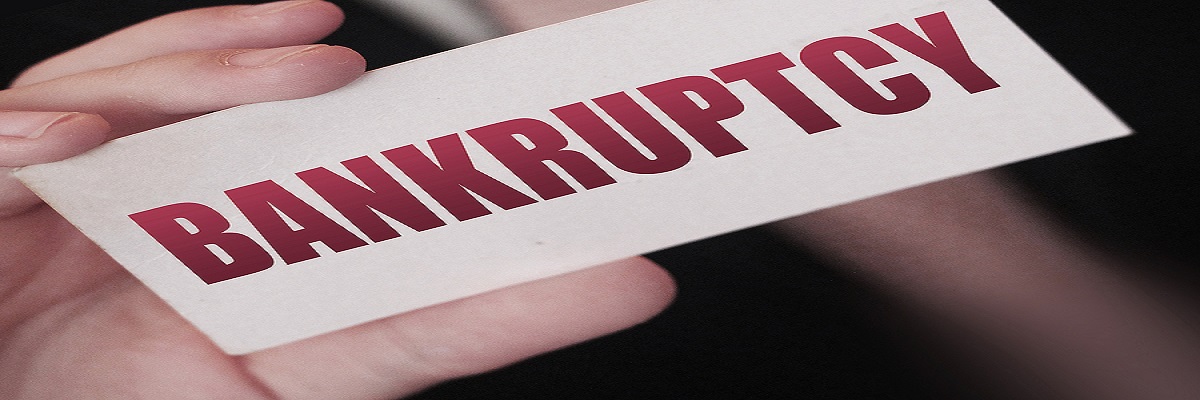Call: 888-297-6203
For people struggling to pay their debts due to financial problems, chapter 11 and chapter 13 are the two best options for reorganizing the debts. According to lawyers of Los Angeles law firm (https://recoverylawgroup.com/bankruptcy/), chapter 13 is generally for people who wish to keep non-exempt property. Chapter 11 is for businesses and individuals with debts more than chapter 13 limits. Businesses cannot file under chapter 13 and it is usually preferred by individuals and sole proprietors.
Chapter 11 bankruptcy
Chapter 11 is available for both individual filers and businesses. Debtors can reorganize their finances and keep their non-exempt assets too. The automatic stay prevents any collection action from taking place. The duties handled by a trustee in other bankruptcy chapters are done by the debtor here. The reorganization plan to repay debts is developed by the debtor which needs to be approved by the creditors and confirmed by the court before being functional. However, a small business case is supervised by a trustee and proceeds like a chapter 13 case.
For businesses, the dischargeable debts are erased once the plan is approved by the court. However, you are expected to comply with the terms of the plan. The discharge erases all debts prior to the filing once it is confirmed. Unfortunately, this is not true for individuals filing for chapter 11. Their debts are not wiped off till they have made payments. Moreover, certain debts like taxes, domestic support, and liabilities acquired through fraud cannot be discharged.
Chapter 13 bankruptcy
Chapter 13 is for individuals and sole proprietors and not for corporations and limited liability companies. In this case you can keep your non-exempt property if you pay your creditors through your disposable income via a 3-5 year repayment plan. A trustee is appointed to oversee the case. Once the plan is completed successfully, the dischargeable debts are wiped off. Most chapter 13 debtors end up paying only a small amount of unsecured debt. The amount of plan payment depends on the disposable income and the value of your non-exempt assets. The eligibility criteria for chapter 13 is that unsecured debts must be less than $419,275 while the secured debts must be less than $1,257,850 (since April 2019).
When is chapter 11 preferable over chapter 13?
When individuals or businesses have debts larger than those allowed in chapter 13 bankruptcy, chapter 11 is a better option. The Subdivision V of chapter 11 offers a streamlined procedure that is beneficial for individuals and small business owners.
When is chapter 13beneficial than chapter 11?
Advantages that chapter 13 has over chapter 11 include:
-
Chapter 13 is cheaper and requires less work than chapter 11.
-
The automatic stay protection is extended to codebtors in the case of chapter 13, which protects them from the collection actions of the creditors. Though collection actions can resume once the chapter 13 case is complete, yet it accords respite for the duration (3-5 years) of the repayment plan. Chapter 11 has no such provision for codebtors.
-
A hardship discharge is available if due to unfortunate circumstances you cannot comply with the proposed chapter 13 repayment plan. If approved, you can get a discharge without completing your plan (though certain debts are not discharged). For this to occur, there are stringent criteria that must be met. Unfortunately, a hardship discharge is not available in chapter 11 bankruptcy. if you cannot complete your reorganization as per the submitted plan, the chapter 11 case is either dismissed or converted into a chapter 7 bankruptcy case.
Contact experienced bankruptcy lawyers at (888-297-6203) to know your options.

